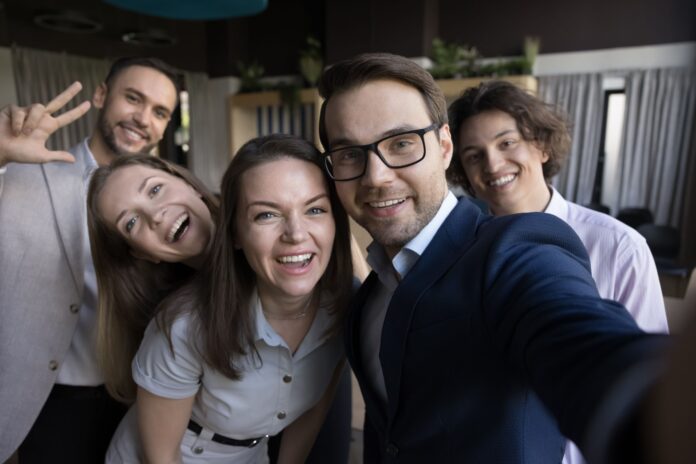Children are actively encouraged to make friends.
They are pushed together with those close in age at family gatherings. Parents drive children to play dates, sign them up for team sports and host birthday parties.
But adulthood is another matter.
Data shows that lifelong friendships are generally made before the age of 25. And in Australia, loneliness and isolation are at levels previously unheard of.
Perhaps surprisingly, it is those under 25 who are loneliest of all with men more isolated than women. Gen Z is said to be the loneliest: up to 75 per cent say they regularly feel lonely.
The World Health Organization says loneliness is a health epidemic and has a similar negative impact on life expectancy as smoking 15 cigarettes a day.
Why is this so, when diversity has never been greater, education levels have never been higher and the population has never been bigger?
It turns out we are more polarised – more likely than ever to find a life partner in our own racial and religious group, and more likely to mix only with those who share our views.
But humans are social creatures and we need connections of different kinds to be healthy. And what better place to get a hit of social variety than in the workplace, which is deliberately diverse?
The recent moves by big organisations such as Amazon, IBM and Meta to abandon fully remote work are partly driven by recognition that employees are losing vital connections.

The mandates have cast the spotlight on a vital aspect of corporate life: workplace friendships.
Close personal ties with co-workers increase job satisfaction, give a sense of belonging and promote career advancement. They are linked to higher innovation and productivity, better collaboration and employee retention.
Author and engagement expert Gabe Zichermann says that with the right approach, companies can improve their own profits and staff cohesion as well as the stem the loneliness epidemic and cultural polarisation by supporting deep friendships among employees.
Adult friendships need care and communication, time and showing up for each other. Work provides the showing up part.
As Zichermann says, making friends at work can really change lives.
Dr Jane Stephens is a UniSC journalism lecturer, media commentator and writer.





